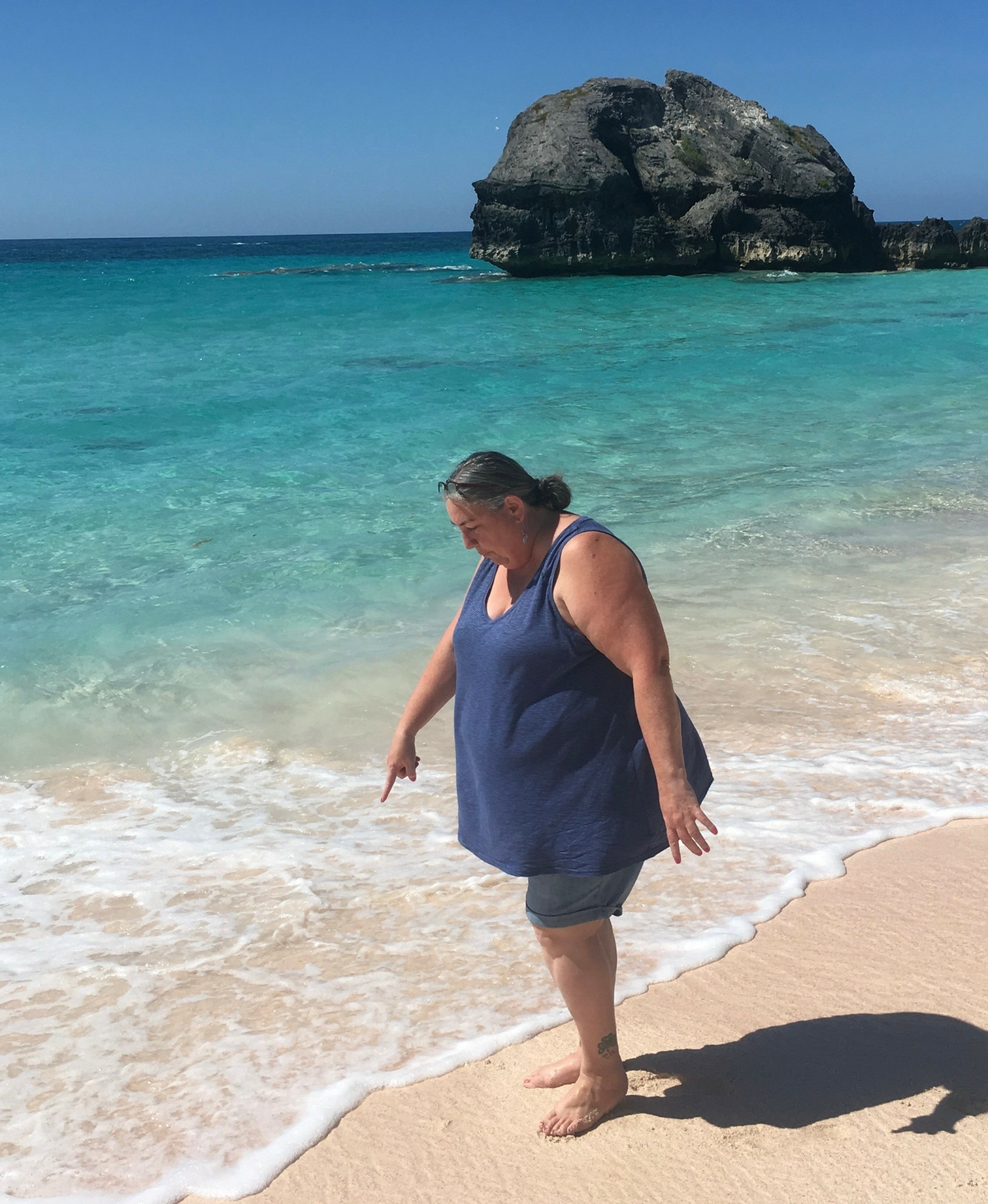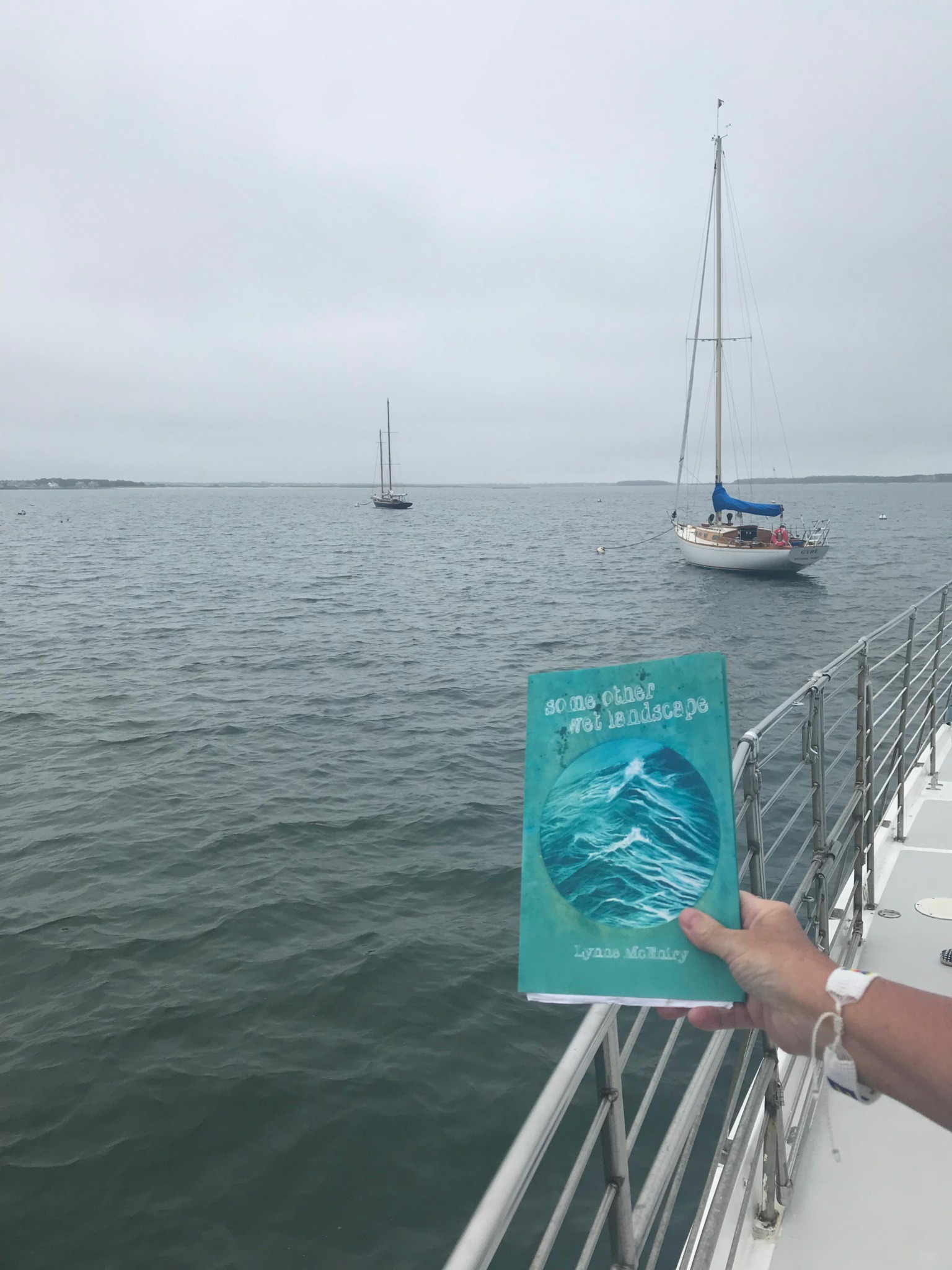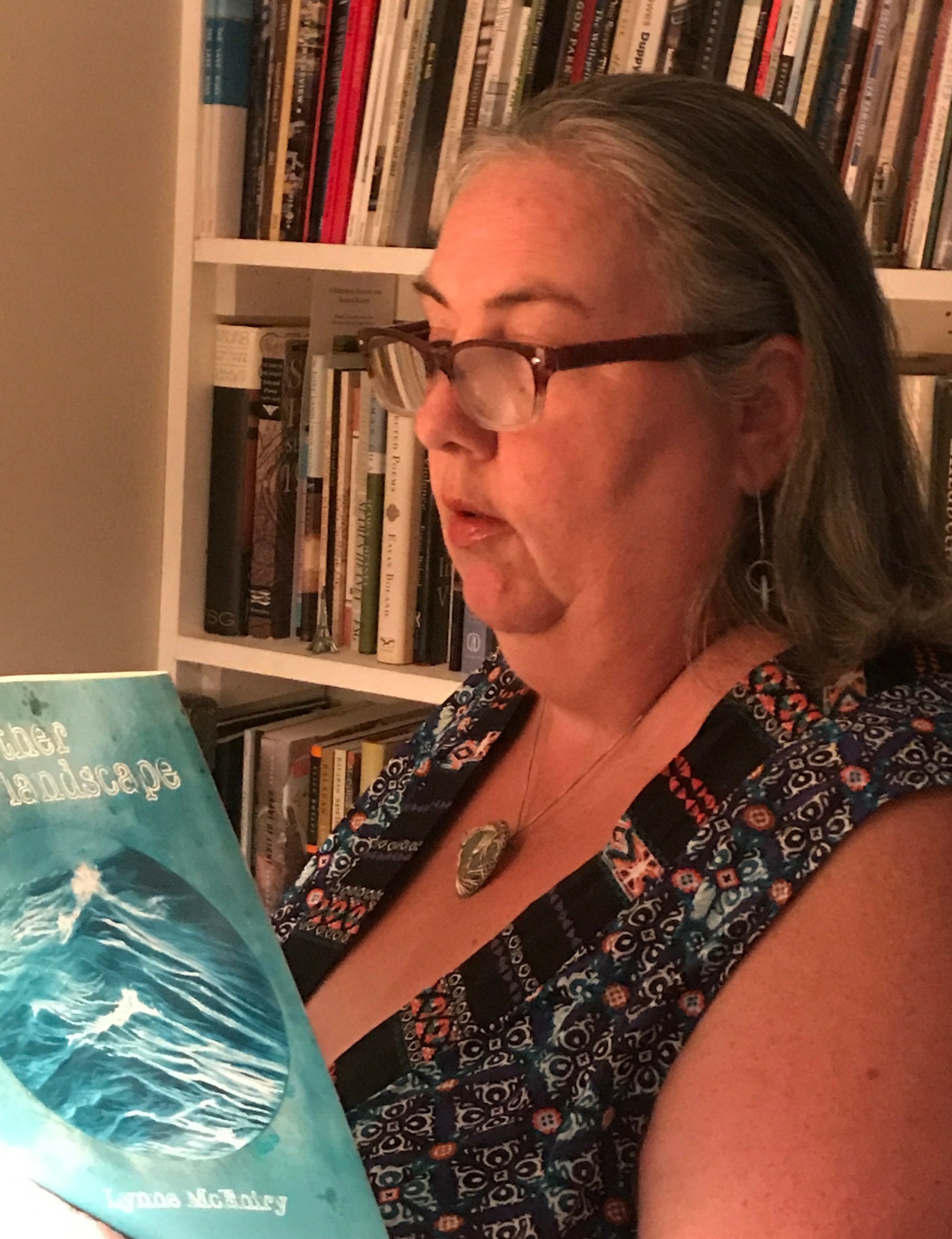We caught up with the brilliant and insightful Lynne McEniry a few weeks ago and have shared our conversation below.
Hi Lynne, thanks for joining us today. Let’s kick things off with a hypothetical question – if it were up to you, what would you change about the school or education system to better prepare students for a more fulfilling life and career?
When I was a kid, I loved being in the classroom and learning so much. The parts where the teacher is sharing their knowledge and inviting us to explore how to figure stuff out, reading together to understand people and places and cultures, seeing how all of the subjects had their own uniqueness but also were much more fascinating when we were encouraged to make connections between art and science and history and literature and math and geography. In K -12 in the 70s, the social aspect and the socio-enconomic divides caused the greatest challenge for me in the learning community. We know that these are still realities today and that these experiences carry on the the culture of learning in higher education, as well.
Lou Taterka, my 6th grade teacher, and Bev Carboy, my high shcool English teacher are two of the people who made school a safe space for me, who fostered my learnining by both the ways they challenged and encouraged me and also by their model of what it was to be a teacher who was present for all students and for their own peers, as well. I saw them at the desks of my classmates and in the hallways with other teachers, fully committed to the purpose of their day. I knew I was going through A LOT at home, so I figured they must be, too. And, if they could still keep on learning and growing themselves AND devote their work day to sharing that with all of us, that teaching and learning is not just a necessity for survivial… is a very positive way of life…the foundation AND what’s built upon it…hard work and hoops to jump through that we may not choose, but so many opportunities for reward and to fill our passions. I know that Mr. Taterka and Ms. Carboy are part of the reason that I am a writer and teacher, a life-long learner who loves to share these passions.
I think our education system would benefit from a fundamental shift toward equitable access for all students, recognizing that each learner has individual needs, strengths, and challenges. True equity means not only meeting students where they are, but also fostering a strong sense of community and shared responsibility—encouraging every student to strive for their personal best while understanding that it’s okay to make mistakes and start again. This vision includes hiring a diverse faculty who are in it for the right reasons, robust support for educators, both financially and emotionally, as well as ensuring that every child has access to basic learning tools like books and paper. Equally important is supporting and encouraging the people who are raising the students—parents, guardians, and caregivers—by connecting them to resources, involving them in the learning process, and recognizing their essential role in each child’s success. I believe it’s necessary to elevate the value of liberal arts and creativity across all subjects, helping students see how imagination, expression, and critical thinking are vital not just in the arts, but in science, business, technology, and everyday life. Additionally, we must acknowledge that bullying, peer social dynamics, and the socioeconomic realities of a student’s family all play a critical role in shaping the learning experience. A truly effective education system addresses these factors head-on, creating a safe, inclusive, and healthy environment where every student feels supported, respected, and able to thrive—both academically and personally. When we care for the whole student and their full context, we build a foundation not just for achievement, but for lifelong well-being and fulfillment.
I know that these are things we’ve been talking about for a long time, and that it sounds utopian or cliche or idealistic. I’m also glad that I get to see real examples of the best ways our educational system works each day. I just believe we need to see more and more of it for every student.
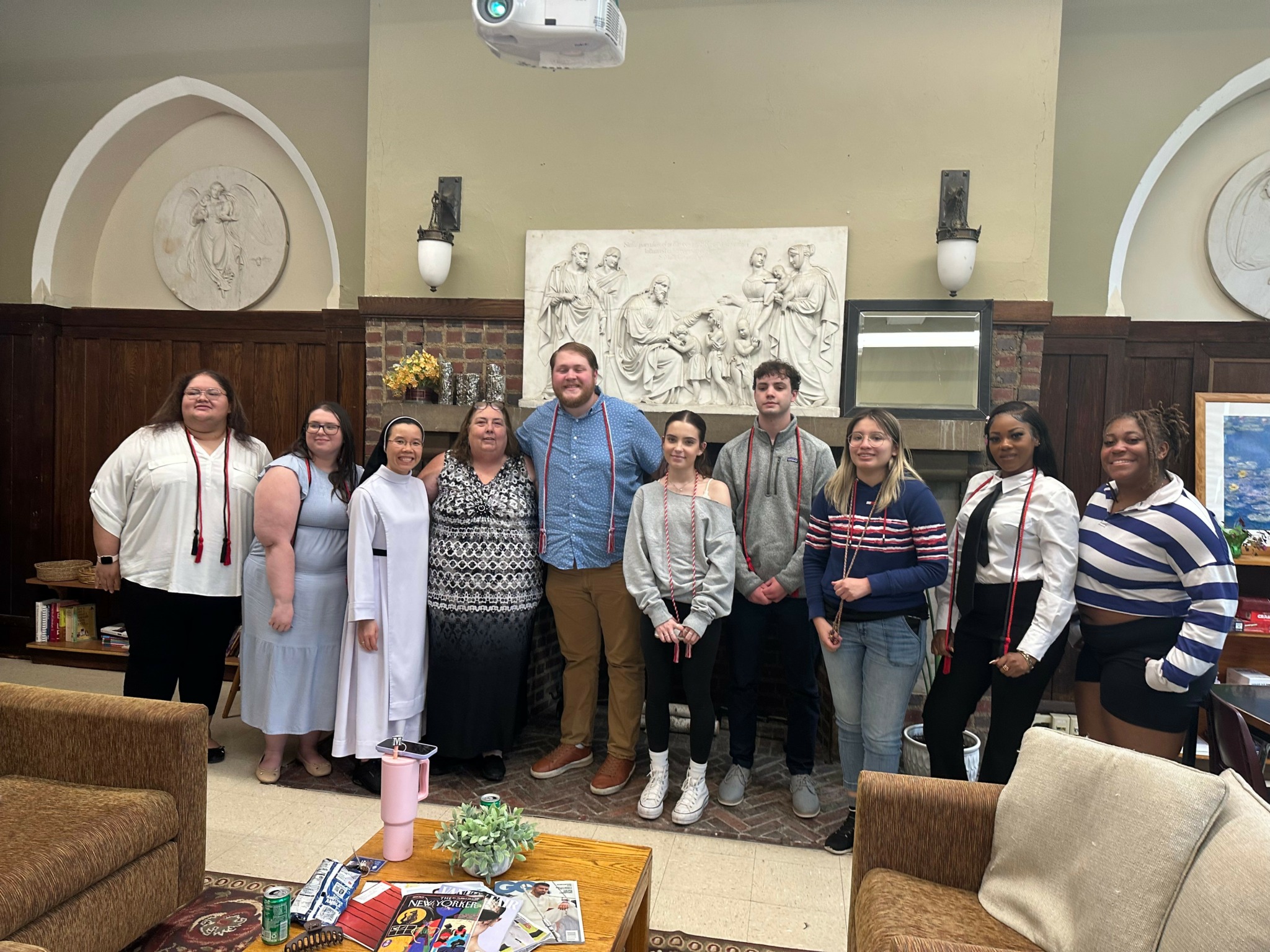
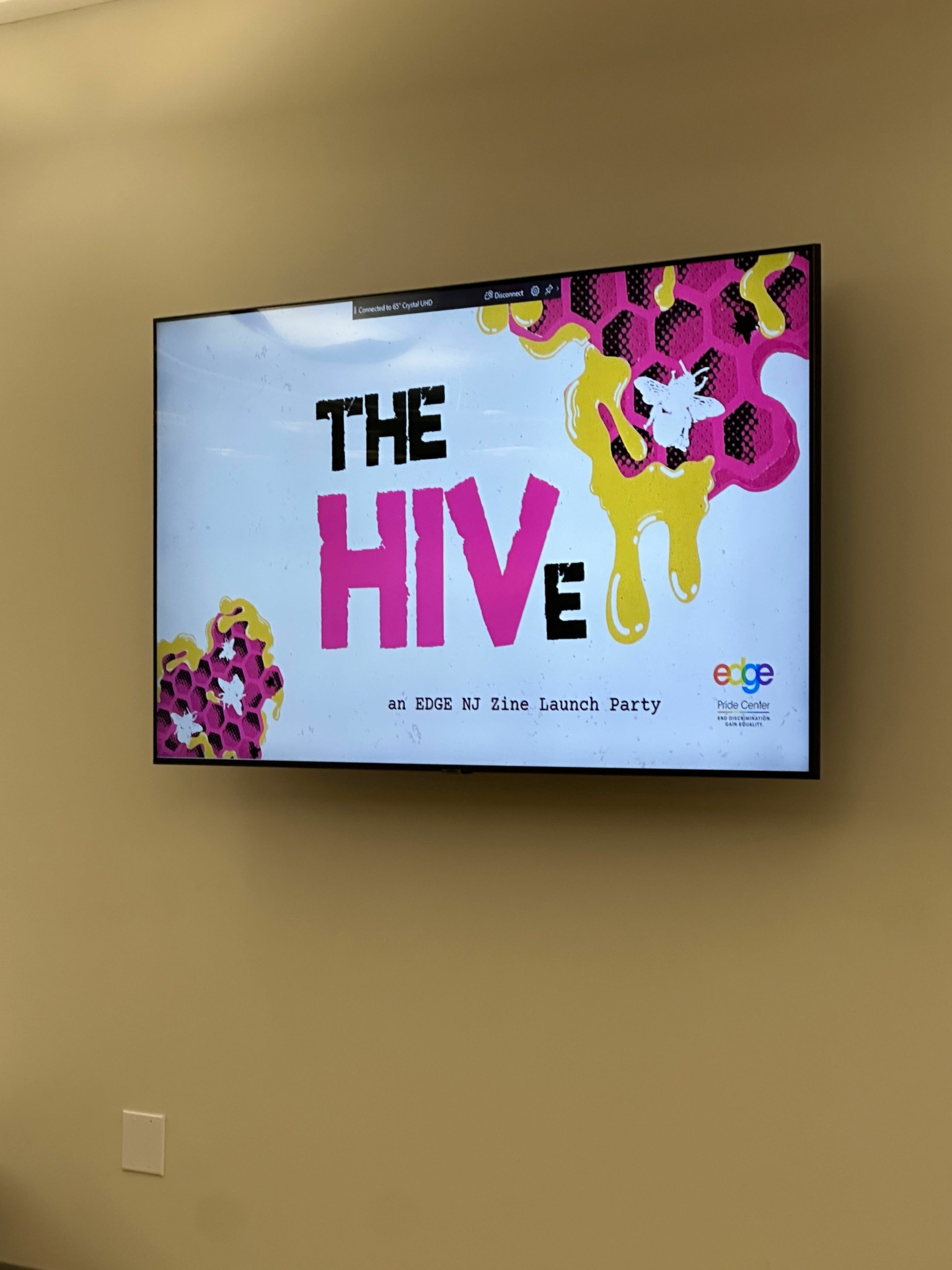
Lynne, before we move on to more of these sorts of questions, can you take some time to bring our readers up to speed on you and what you do?
Hi, I’m a poet and college professor with a deep passion for language, expression, and the power of storytelling to create connection and transformation. My journey into this work has been shaped by a love of words and a belief in their ability to invite openness and understanding, to heal, challenge, and inspire. As a poet, I explore themes of loss identity, memory, resilience, and the sea, everyday moments of joy and pain and our mind’s wanderings that shape who we are. I hope that my writing invites readers to slow down, reflect, and connect with both themselves and with others on a deeper level. In my writing and teaching, community is central –exploring and celbrating our differences and what makes us the same, so we can have a common understanding. In the classroom, I’m committed to creating inclusive, student-centered spaces where critical thinking, creativity, and authenticity are not only encouraged but essential. I see teaching and poetry as deeply intertwined—both are acts of listening, of witness, and of empowering others to find and use their own unique voices.
Through my work, I aim to offer both creative and educational experiences that are grounded in care, curiosity, mystery, and social awareness. I support students and readers in navigating their inner lives and the world around them, and I strive to build community through shared stories and reflective dialogue. I hope my teachng and writing make clear my emotional honesty and my commitment to meeting people where they are—whether on the page or in the classroom. I’m most happy in the moments when someone tells me that a poem or a class made them feel seen, valued, or brave enough to share their own truth. At the heart of it is a desire to connect, to uplift, and to remind people that all of our voice matters.
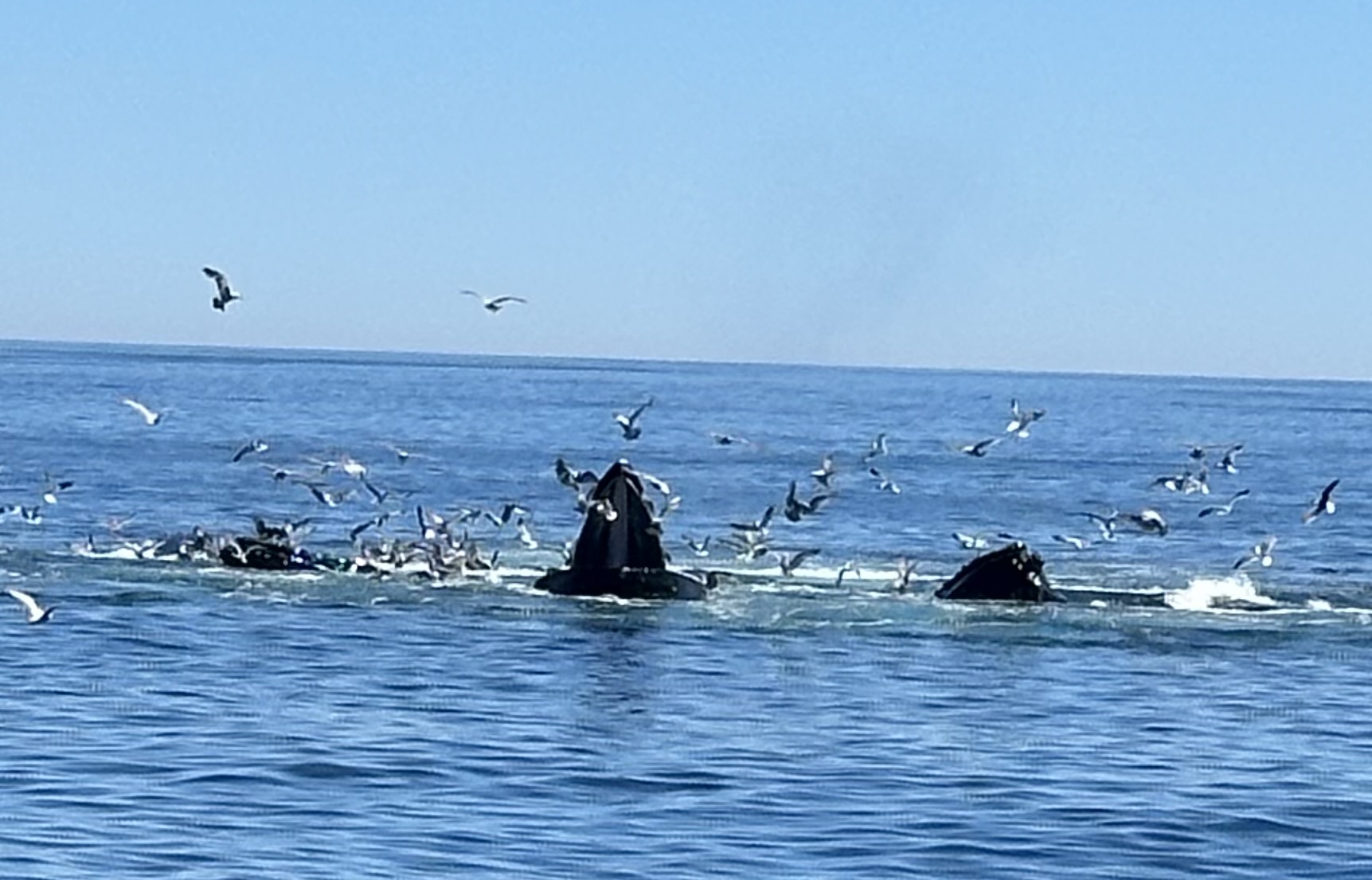
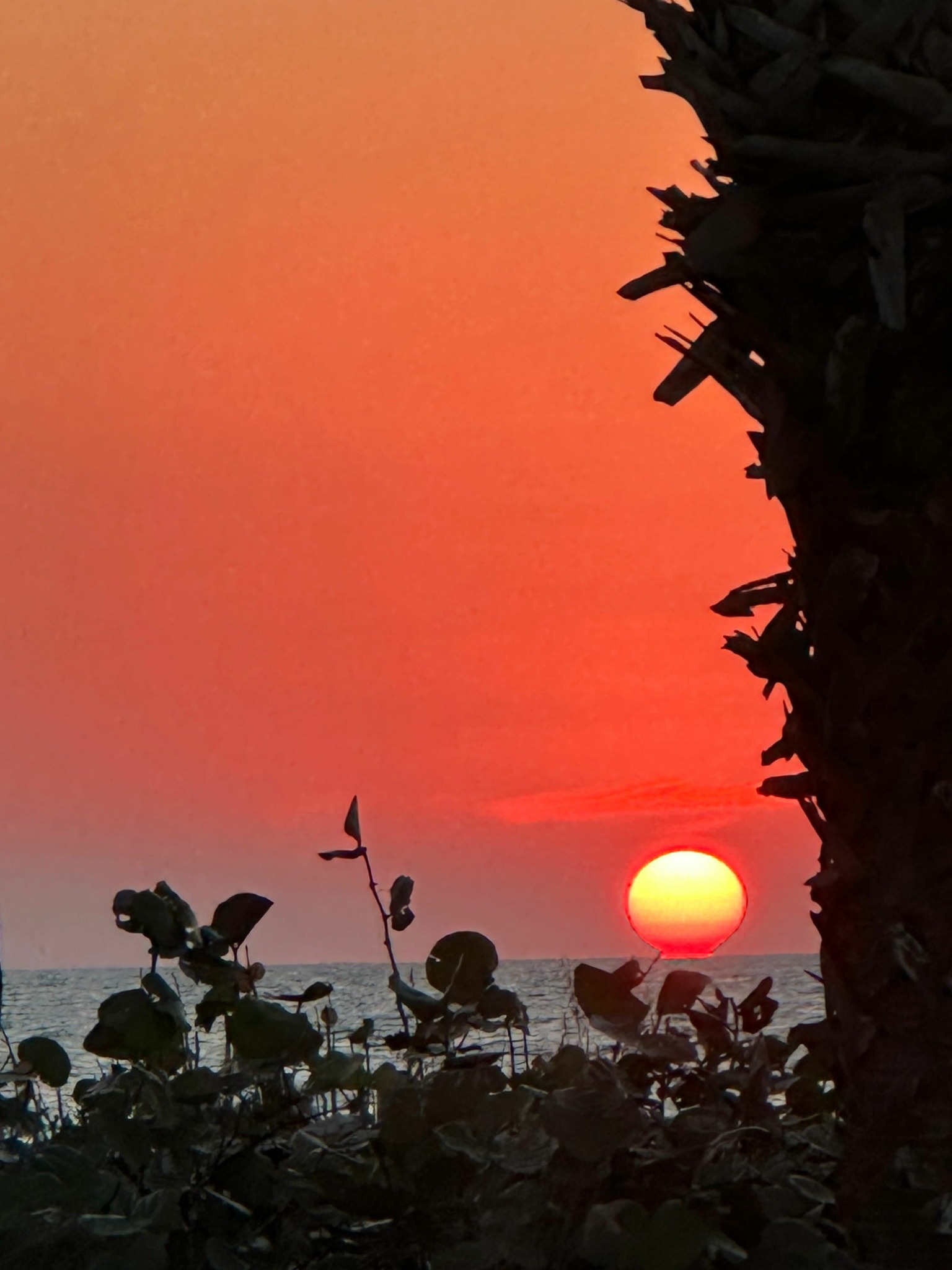
How about pivoting – can you share the story of a time you’ve had to pivot?
My path to writing my first collection of poems and becoming a college professor was a long one full of pivoting… I grew up the oldest of four kids in a family full of love but also dealing with many challenges including financial insecurity and additction. I knew as a kid I wanted to be a writer and teacher, that I wanted to go to college, My parents were readers, and my reading life and education were encouraged. No one had ever been to college, and my parents, grandparents, great grandparents were all married with children before 20 years of age. So, I chose that same path. But I never lost that hunger for my passions…I wrote daily, whether it was letters to friends and family, attempts at poems and life-writing, and lots and lots of journaling. There was a free accounting class one semester, so even though I struggle with math, I took that….I was happy being a mom and finding small ways on my own to fill my desire for teaching and learning with my kids and a few friends.
Then, my mom became very ill and died not too long after at the age of 51. This shook my world. Within the next six years, My three living grandparents died, a few aunts and uncles, a few family members in my peer group, and then my father who was only 63 . My own two children were transitioning from middle and high school to college in these years of profound loss. Pivoting was constant.
Just before my mom died, I had been encouraged by an important mentor to take a class at a local college. I LOVED it and wanted more. In 1996, I got a job as a “secretary” at Saint Elizabeth University (then College of Saint Elizabeth), and for the next 12 years, I worked to earn my degree in English in 2008. I had various positions at the University in that time, and I went right on to earn my MFA in poetry and eventually become the Director of the Academic Success Center, the very position to which I first served as secretary back in 1996! I had come full circle and loved the work I was doing sto support student success. I taught a course or two each semester, but my work was mostly an administrative position. I missed being in the classroom. Then Covid hit … another time to pivot, and that’s when I began the transition to full-time faculty.
Through all these years, there were deep losses and many challenges of all sorts, Yet, my passion and the support of family, friends, and mentors helped me stay focused that newness and change come from loss and challenge. Pivoting presents the chance to change and grow in ways we have always desired and in new ways we may not have imagined.
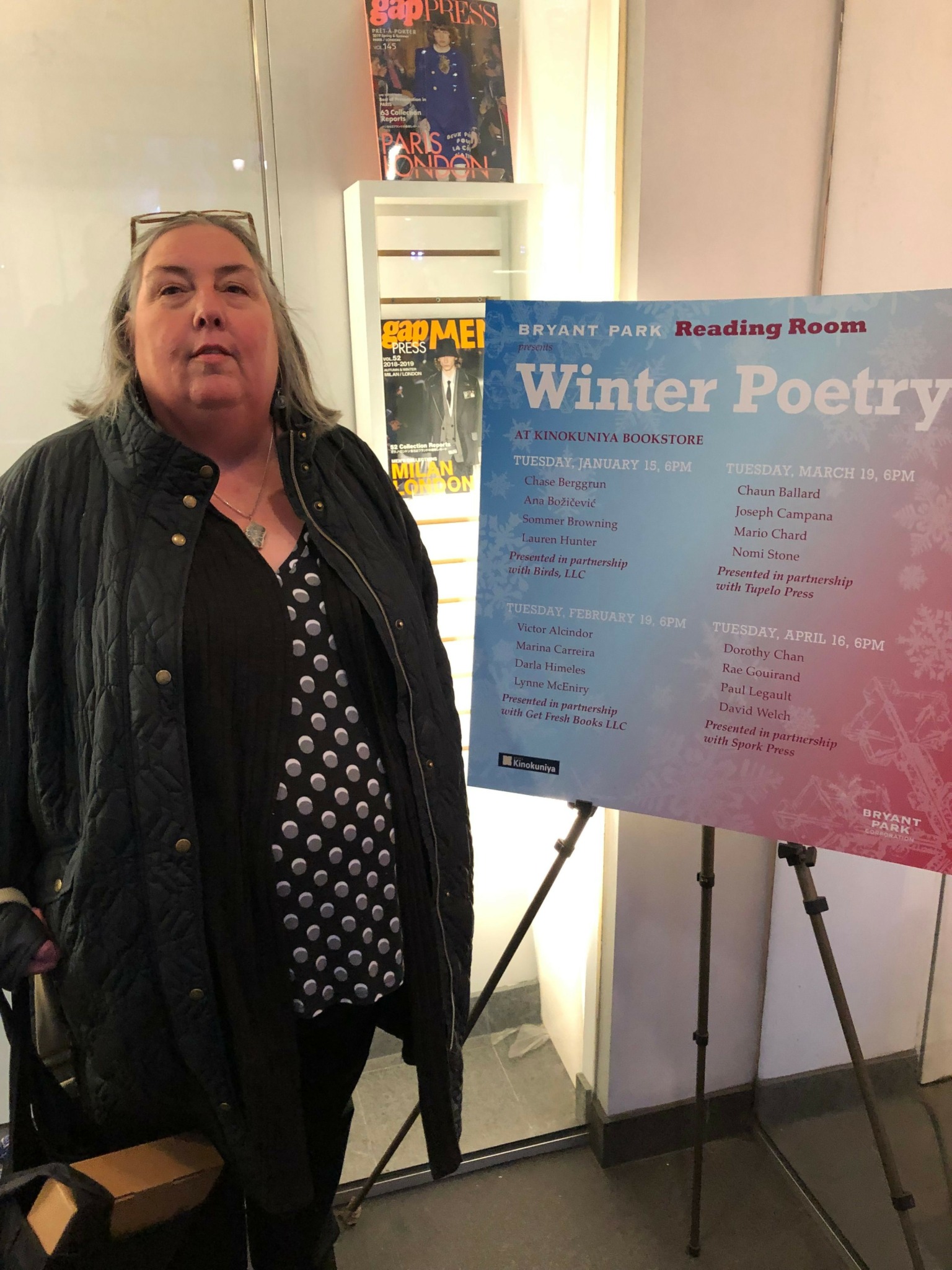
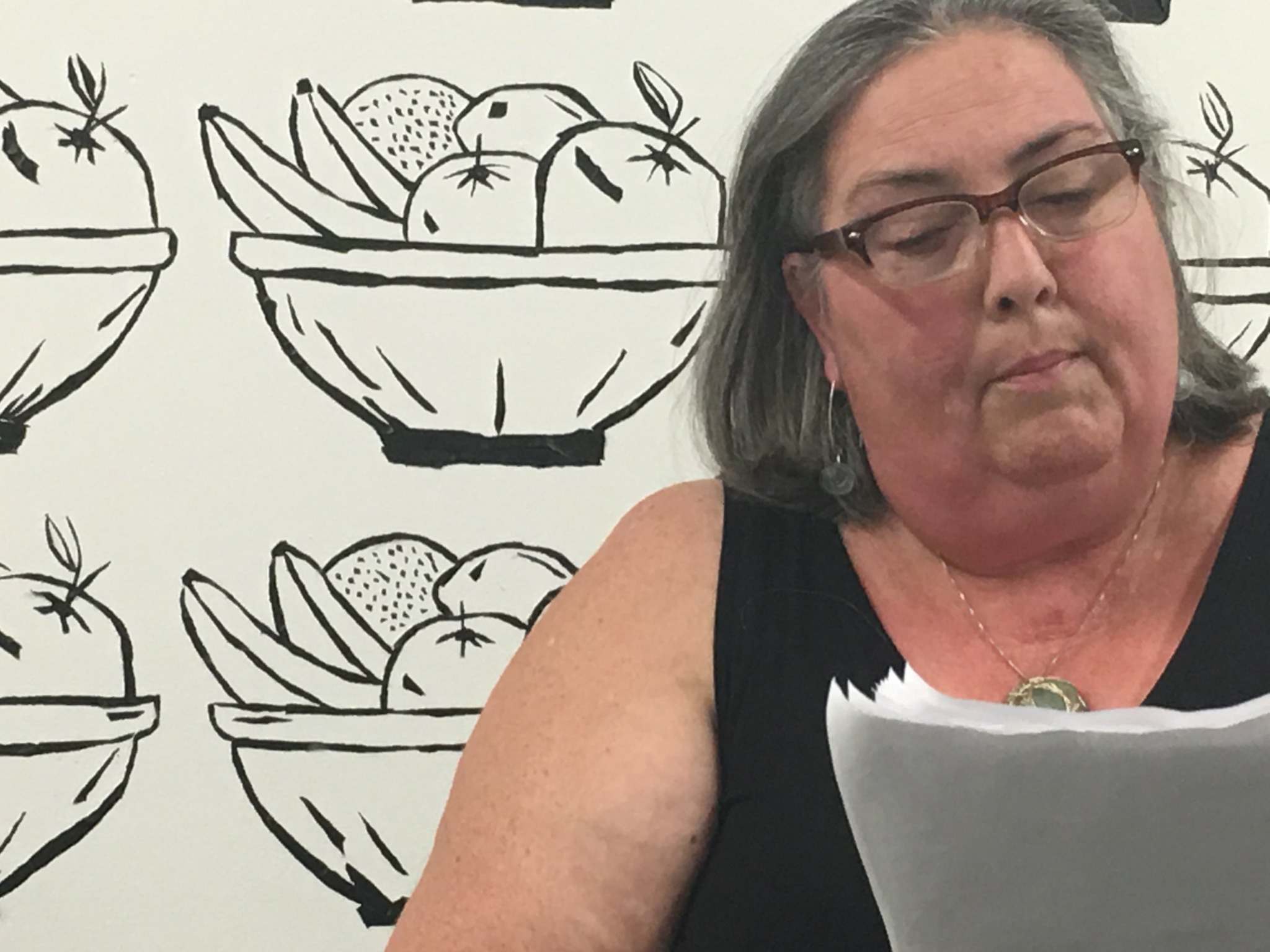
What’s the most rewarding aspect of being a creative in your experience?
One of the most rewarding aspects of being a poet is the way it allows me to transform personal and collective experiences into something meaningful that resonates with others. Poetry creates space for vulnerability, truth-telling, and connection—it’s a form of expression that can hold both the beauty and the weight of being human. What makes this work even more powerful is how it’s fueled by resilience. Writing poetry often means sitting with discomfort, revisiting pain, and finding language for things that are hard to say. But in doing so, I’m constantly reminded that there is strength in honesty and healing in the act of creation. Resilience isn’t just a theme in my work; it’s the force that allows me to keep writing through doubt, silence, and uncertainty—and that same resilience is often what readers connect to most. It’s incredibly fulfilling to know that by showing up to the page with openness and courage, I am making space for honest and necessary connections between me and whoever finds my poems.
Contact Info:
- Instagram: @lynnepoet
- Facebook: Lynne McEniry
- Linkedin: @Lynne McEniry
- Twitter: @LynneMcEniry
